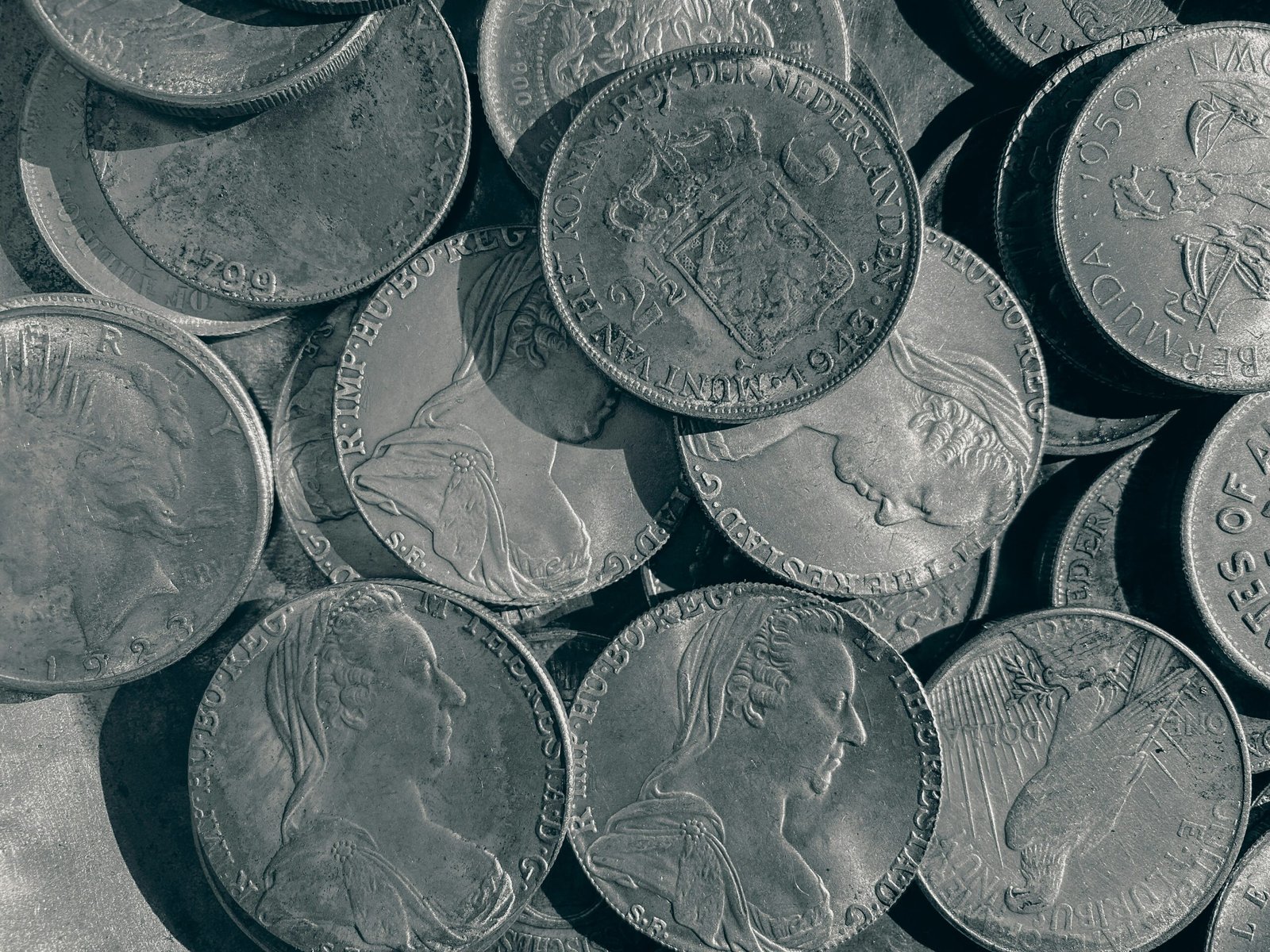The History and Evolution of Money
The concept of money has undergone a profound transformation since its inception, evolving through various stages to become the complex financial system we recognize today. Initially, early human societies relied on bartering systems, whereby goods and services were directly exchanged. This system, however, posed significant limitations, primarily due to the lack of a common measure of value and the difficulty of finding mutually beneficial trades.
To address these limitations, societies began to adopt commodity money. Items such as gold, silver, and other precious metals became widely accepted due to their intrinsic value, durability, and divisibility. The use of metal commodities laid the groundwork for the invention of coins, which represented standardized units of these metals. The first known coins appeared in Lydia (modern-day Turkey) around 600 BCE and quickly spread across different cultures, facilitating trade and economic expansion.
As trade networks expanded, the limitations of carrying heavy coins became apparent, leading to the development of paper money. Originating in China during the Tang Dynasty (618-907 CE), paper money represented a promise of value backed by the issuing authority. This innovation revolutionized trade by making transactions more efficient and less cumbersome.
The rise of banking systems marked another significant milestone in the evolution of money. Early forms of banking appeared in ancient Mesopotamia, but it was during the Renaissance in Europe that modern banking systems began to take shape. The establishment of the first banks provided safe storage for money and facilitated the creation of credit, further stimulating economic growth.
The creation of the gold standard in the 19th century linked currency value directly to a specific amount of gold, providing a stable monetary system. However, this system was eventually abandoned during the 20th century due to its inflexibility in the face of economic crises. This abandonment paved the way for fiat money, which holds value by government decree rather than intrinsic worth.
In recent decades, the advent of electronic banking and digital currency has reshaped our monetary landscape once again. The development of credit cards, online banking, and cryptocurrencies like Bitcoin has introduced unprecedented convenience and efficiency into financial transactions. Digital currencies, in particular, promise to further revolutionize the financial world, offering decentralized, secure, and borderless means of exchange.
Throughout history, the evolution of money has profoundly impacted trade and economies, driving progress and facilitating the complex financial interactions that underpin our modern world.
The Functions and Importance of Money in Today’s Economy
Money plays a pivotal role in the modern economy, serving several crucial functions that facilitate trade, investment, and economic stability. As a medium of exchange, money eliminates the inefficiencies associated with barter systems, allowing for seamless transactions between parties. This function is fundamental in promoting trade, enabling individuals and businesses to buy and sell goods and services with ease.
Another essential role of money is its function as a store of value. Money allows individuals and businesses to save and invest, preserving their wealth over time. This ability to save and invest is crucial for economic growth, as it provides the capital necessary for business expansion, technological advancement, and infrastructure development. Furthermore, money serves as a unit of account, providing a common measure for valuing goods and services. This standardization simplifies the process of comparing prices, budgeting, and accounting, thereby enhancing economic efficiency.
Money also acts as a standard of deferred payment, facilitating credit transactions. This function allows for the smooth functioning of financial markets, enabling businesses and consumers to borrow and lend with confidence. The deferred payment capability of money is instrumental in promoting investment and consumption, driving economic activity.
The importance of money extends to economic stability and monetary policy. Central banks and financial institutions play a critical role in managing the money supply to ensure economic stability. By controlling inflation and influencing interest rates, these institutions help maintain a stable economic environment. Central banks, through tools such as open market operations, reserve requirements, and discount rates, regulate the amount of money in circulation, thus impacting inflation and interest rates.
In conclusion, money’s multifaceted roles as a medium of exchange, a store of value, a unit of account, and a standard of deferred payment are indispensable in today’s economy. The management of money supply by central banks and financial institutions is vital in maintaining economic stability, influencing inflation, and guiding interest rates. Understanding these functions and their importance helps elucidate the complex dynamics of modern economies.


